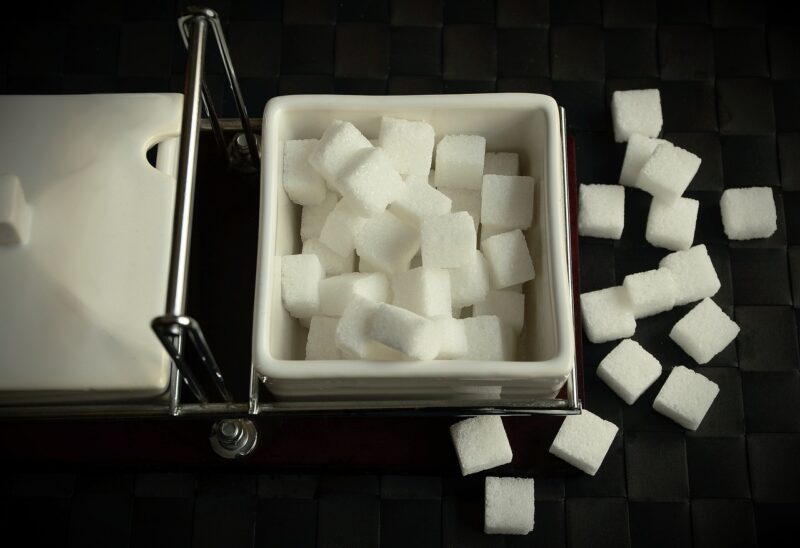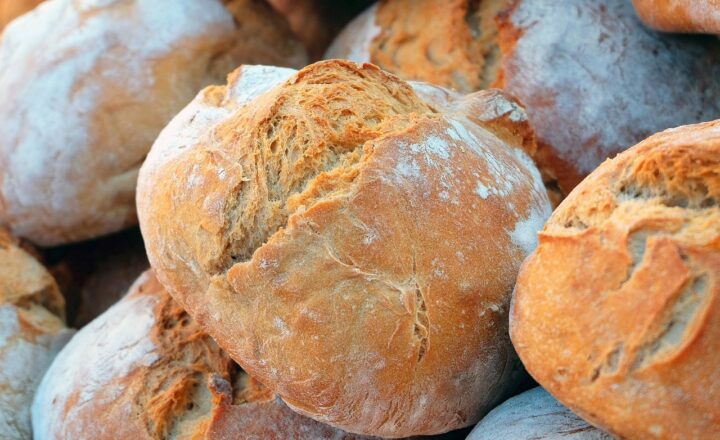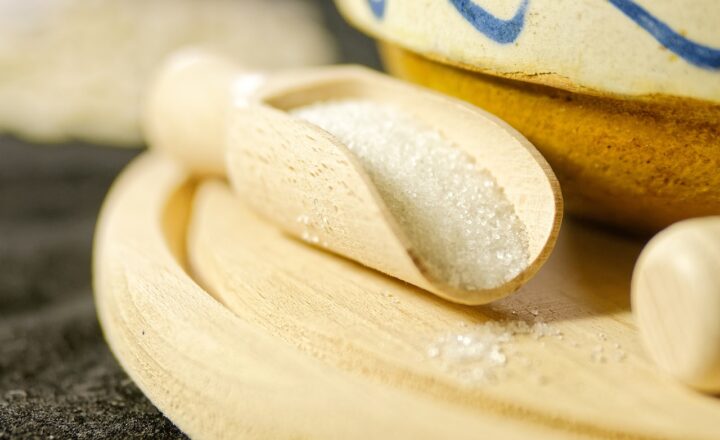
When it comes to sweeteners, most of us gravitate towards the classic white granulated sugar. However, the world of sugar is vast and colorful, featuring a variety of specialty sugars that cater to different culinary needs and preferences. In this article, we will explore some of the more popular types of specialty sugars, such as turbinado, demerara, muscovado, and more, investigating their unique characteristics, uses, and health benefits.
1. What Are Specialty Sugars?
Specialty sugars are often less processed than refined white sugar. They typically retain some natural molasses and less sugar is stripped away during processing. This results in sugars that maintain their color, flavor, and slightly different textures that make them suitable for various culinary applications. These sugars add complexity, flavor depth, and color to recipes, providing a unique twist to both sweet and savory dishes.
2. Turbinado Sugar
Turbinado sugar is often labeled as “raw sugar” due to its minimal processing. It is made from the first pressing of sugar cane and retains some of the moisture and natural molasses from the plant. Turbinado sugar has a light brown color and a coarse texture, with large crystals that offer a caramel-like flavor.
Uses in Cooking:
Turbinado sugar is ideal for topping baked goods like muffins and scones, providing a delightful crunch and subtle sweetness. It can also be used in marinades, glazes, or even cocktails, allowing for a hint of complexity in flavor.
Nutritional Profile:
Turbinado sugar contains trace minerals such as calcium, potassium, and iron, giving it a slight edge over white sugar, though it should still be consumed in moderation.
3. Demerara Sugar
Similar to turbinado sugar, demerara sugar is minimally processed and retains some molasses, which imparts a rich flavor. Originating from the Demerara region of Guyana, it features large, golden-brown crystals with a mild caramel flavor.
Culinary Applications:
Demerara sugar is often used in baking, particularly in cookies, cakes, and crumbles. Its coarse texture makes it an excellent choice for adding a crunchy topping to desserts or even to morning oatmeal.
Health Benefits:
While it is still a form of sugar, demerara sugar contains slightly higher mineral content, making it a preferable option for those looking for a less refined sweetener.
4. Muscovado Sugar
Muscovado sugar boasts a high molasses content, giving it a dark appearance and robust flavor profile. This sugar is less processed than most types, preserving many of the natural flavors and nutrients of the sugar cane. It has a moist texture and deep, rich aroma.
Uses and Pairings:
Muscovado sugar can enhance savory dishes, particularly in marinades or sauces, thanks to its depth of flavor. It is also fantastic in baking, particularly in chocolate desserts, where its rich notes can complement the sweetness of the cocoa.
Nutritional Value:
Muscovado sugar contains iron, calcium, magnesium, and potassium, which can give it an edge over regular white sugar.
5. Coconut Sugar
While not derived from sugar cane, coconut sugar has gained popularity as a natural sweetener from the sap of coconut palm flowers. It has a similar color and texture to brown sugar and a mild caramel flavor.
Versatility in Recipes:
Coconut sugar can be substituted for regular sugar in a 1:1 ratio across most recipes, making it an easy switch. It’s excellent in baking and cooking and pairs well with both savory and sweet foods.
Nutritional Profile:
Coconut sugar contains some vitamins and minerals but should still be consumed sparingly. It is often touted for its lower glycemic index compared to other sugars, making it a more favorable choice for those monitoring blood sugar levels.
6. Sanding Sugar
Sanding sugar is primarily used for decoration rather than flavor enhancement. It comes in a variety of colors and has a larger grain size than regular sugar.
Primarily for Aesthetics:
This sugar is great for topping cookies and other baked goods before they go into the oven. It adds sparkle and color to cakes and pastries, making your creations visually appealing while providing a slight crunch.
7. Summary of Specialty Sugars
Specialty sugars are more than just alternatives to regular sugar; they provide unique flavors, textures, and visual appeal to a wide range of culinary applications. When used thoughtfully, each type of sugar can enhance your recipes and provide a touch of sophistication to your culinary creations.
While it’s essential to enjoy these sugars in moderation, they can serve as a flavorful addition to your pantry, allowing for creativity and variety in your cooking and baking adventures. Next time you’re in the baking aisle, consider reaching for one of these specialty sugars to elevate your dishes!
8. Frequently Asked Questions (FAQs)
Q: How do specialty sugars compare to regular sugar?
A: Specialty sugars tend to be less refined and retain more of the natural flavor and nutrients from the sugar cane or plant source. They may also offer varying flavors and textures that can enhance culinary creations.
Q: Can I substitute specialty sugars in recipes?
A: Yes, in most cases, you can substitute specialty sugars for granulated white sugar. However, due to their distinct flavors and moisture content, adjustments might be needed, especially in baking.
Q: Are specialty sugars healthier than regular sugar?
A: While specialty sugars may retain some minerals and nutrients, they are still sugar and should be consumed in moderation as part of a balanced diet. Understanding their unique benefits can help you make informed choices about sweetening your food.
In conclusion, the world of specialty sugars offers a delightful exploration of flavors that can enhance your culinary endeavors. Whether adding depth to a dessert or a touch of whimsy to your baked goods, these sugars are worth experimenting with in any kitchen.
By understanding the types of specialty sugars available and how to use them, you can transform your cooking experience and enjoy meaningful flavor interchanges in your kitchen.






